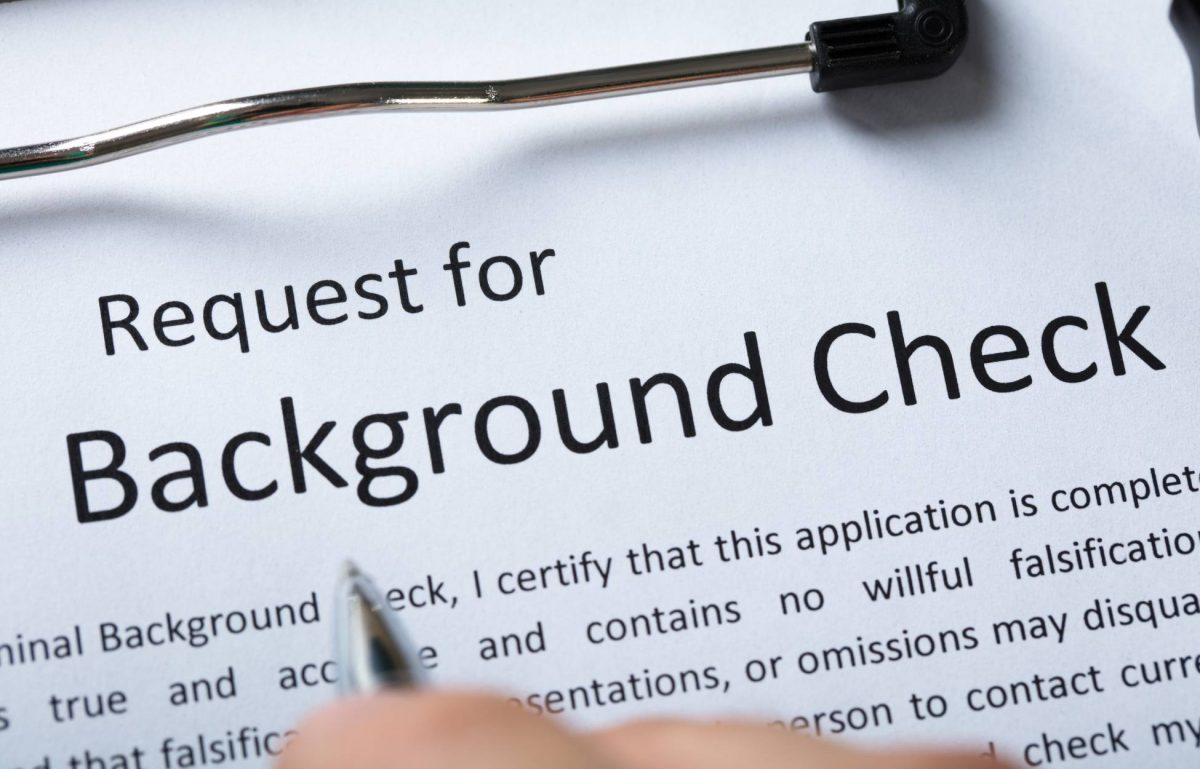Background checks are an important step in the hiring process. Through them employers may confirm potential candidates are who they say they are, as well as their education, skills, and employment history. Most background checks happen without a hitch, but on occasion a background check turns up information that should give an employer pause. These “red flags” are warning signs about a jobseeker and may suggest that they’re not qualified for the position. Here are four red flags to watch for in a background check.
Inconsistent Information
One of the first and most obvious things to look for in a background check is inconsistent information provided by the candidate. Cross-check the details on their resume by contacting previous employers, schools and universities, government agencies, credentialing institutions, and so forth. If the facts aren’t lining up, the jobseeker is likely being untruthful. Moreover, multiple mistakes could mean they have something to hide. However, the misalignment of information could be a simple mistake, so if a candidate seems otherwise qualified, give them a chance to explain.
Criminal History
A criminal record should not necessarily disqualify a candidate. The nature and severity of the offense should be considered, as well as the time span since the offense was committed. Still, some criminal activity is an automatic disqualification for certain jobs. For example, a history of sexual violence and presence on a sex offender registry makes a candidate unsuitable for positions in the educational and healthcare fields. Fraud, identity theft, and similar offenses should make employers leery about hiring someone for a job involving the handling of finances or personal records. On the other hand, a shoplifting conviction in one’s youth may become irrelevant as time passes. Background checks and vary by industry, so use good judgment.
Employment Gaps
Just about everyone has experienced unemployment. A gap of several months may be due to the economy, the pandemic, or a weak job market. However, some gaps stand out more than others, and multiple gaps between jobs might signal unreliability. If a jobseeker has a strange gap in their resume, ask about it, especially if the candidate seems qualified otherwise. The gap may be a result of health issues, family problems, and similar difficulties. Extended, frequent, and unexplained gaps, however, could mean the candidate has something to hide.
Overqualification
This might seem like a contradiction, but a candidate who’s overqualified may not be the best person for the role. As impressive as their resume may be, it may signal future boredom, dissatisfaction, and a short stint when the candidate decides to leave for a bigger challenge. Delve more deeply before offering the position to see how interested they are in the role and consider whether they’re suited for another one that puts their skills to better use.
Those are just four red flags to watch for in a background check. Remember them while conducting background checks but be sure to be fair and even-handed in your screening processes. Being too stringent might cause the best candidate to slip through your fingers!













